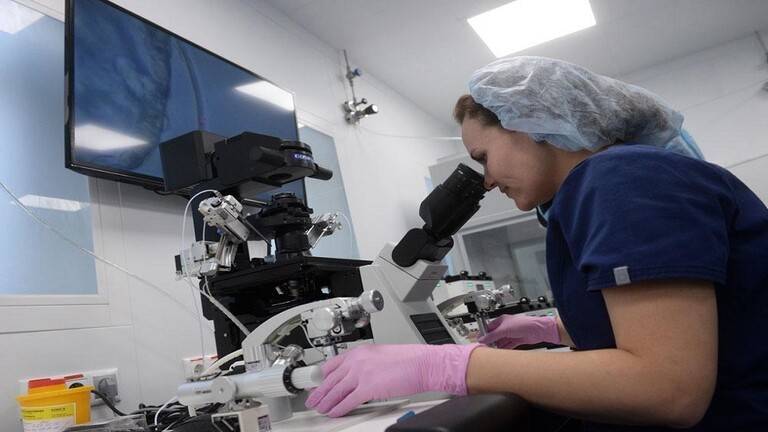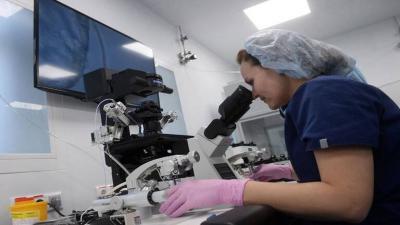Russian academic Sergey Kutsiev announced that modern medicine allows for the prevention of genetic diseases in children, even if both parents carry "bad" genes. He states, "The first option is in vitro fertilization, which includes genetic testing before the implantation process. When the embryo is composed of several cells, it's possible to take a few of them using a precise instrument without any consequences for the embryo, to ensure that there are no mutations in specific genes."
He adds that if the family has previously had a child with a genetic disease and knows the molecular cause of that disease, prevention becomes easier for the second child. In this case, fertility centers take a number of embryos, from which several cells are taken to conduct molecular genetic tests before implantation, selecting the one free from mutations for implantation.
The second prevention option is early prenatal diagnosis at the early stages of embryo development, after 12-13 weeks. In this method, chorionic villi surrounding the embryo are taken and examined for mutations. If they are present, the final decision about continuing or terminating the pregnancy remains with the parents.




